Supervisors Have It Tougher
Although psychologists and supervisors are both in the business of managing and changing behaviors, supervisors have it tougher than psychologists, in my humble opinion.
And, if you don’t believe me, ask any supervisor.
First of all, psychologists receive eight years of training in understanding and changing human behavior. Often, the most training many supervisors receive, is ‘congratulations, you’re now a supervisor.’ It’s a brief moment in a trial and error, sink or swim career.
The psychologist works with one person’s behavior and tries to get him or her to change within his own isolated environment. A supervisor is working with 6, 7, or 25 different personalities, trying to meld them into a high-performance, integrated team.
A psychologist, typically, sees a person for one hour per week and then does not have to interact with the individual. A supervisor has to work with the individual 8 hours per day, 5 days per week, 20 days per month, or longer if you include overtime. If there is tension, the supervisor has to work with it. If conflicts are not resolved, the supervisor has to manage around them or through them. The supervisor has to focus on performance behaviors, safety, attendance, conduct, job responsibilities, team work, and motivation.
The psychologist can focus on emotions, beliefs, personality, family history, childhood memories, values, and attitudes in order to understand the person and facilitate change. The supervisor must focus on performance behaviors which are observable and measurable to facilitate behavioral change, and she must do this without violating the employee’s right to privacy!
The psychologist may make assumptions, predictions, and diagnoses. The psychologist works with the situation from a supportive, not-directly-involved stance. The supervisor is often directly involved, even receiving blame for problems or attacking behaviors from the employee. Yet the supervisor has to make sure he or she is providing support, removing obstacles, and guiding the employee toward success, at the same time as staying with facts. The supervisor has to collect information from various sources, listen to all sides, and sometimes decide against what the employee thinks should be done.
A psychologist may work toward slow, progressive change, while the supervisor must achieve quick, effective change. The psychologist can bring in other family members, refer the person to specialists, even isolate the person in a hospital ward. The psychologist does not have to achieve behavioral, habitual or perceptual change in her client. If the client does not change, the psychologist sends the individual back to his job or home environments, or the client just stops going to see the psychologist.
The supervisor must work with the person in the job environment. If the supervisor does not achieve change in the employee, he has to make one of three tough decisions: 1) fire the individual (be the bad guy), 2) push the problem into a corner or into someone else’s department (be unethical), or 3) risk being fired for not changing the situation (be incompetent).
Supervisors have to be able to understand, manage and predict human behavior. They need to be able to motivate people, build superior performance, increase individual potential, and foster group productivity. Nowadays, they need to detect chemical dependency problems, respond to serious personal problems, and dish out discipline for attendance problems and safety violations.
Supervisors not only need to work with their own people, but they also need to be willing to work with employee assistance personnel and the people they refer employees to: doctors, clergy, social workers, professional counselors, credit counselors, physical therapists, nurses, and, yes, psychologists.
Yes, supervisors need to understand human psychology, but it is a mistake to think that supervision is psychotherapeutic or that supervisors should be mini-psychologists.
As a supervisor, you may run into serious personal problems on the job. However, it is not your job to counsel the individual on personal problems. It is your job to anchor behaviors which are effecting job performance back to the job (performance standards, job responsibilities, policies and procedures), to discuss these behaviors with the employee, to document changes or lack of changes, and to coach the employee toward improved performance. And if nothing changes, to terminate the individual, not for having personal problems, but for a lack of performance.
Employers are basically renting behaviors from employees. Therefore, supervisors should focus on behaviors because it is difficult to change personality. There are only five ways to change behavior:
Experiencing a significant emotional or religious event;
Intensive psychotherapy (good psychologists can be successful too);
Hypnosis;
Mind-altering drugs; and,
Brain surgery.
The moral: It is easier to change behavior. As a supervisor, focus on behavior, not personality.
Your job is to manage the emotions of the situation, the pain, the anger, the fear. You can take time outs, you can discuss the situation again tomorrow or several times in a month, but you cannot back down. You must make the employee responsible for his job behaviors. In the world of work, we do not have a contract with each other to focus on personality, psychology, upbringing, or personal problems. However, we do have a contract to discuss how behaviors are affecting the job. There is a fine line between job behaviors and personal psychology (personality). Walking that tight rope is the art of supervision.
Bob Marsenich is the President of Glacier HR Services, Inc. and provides executive coaching, leadership training and HR consulting throughout the United States. Call Bob at 406-270-7522
Copyright 2016 Bob Marsenich– All rights reserved.



